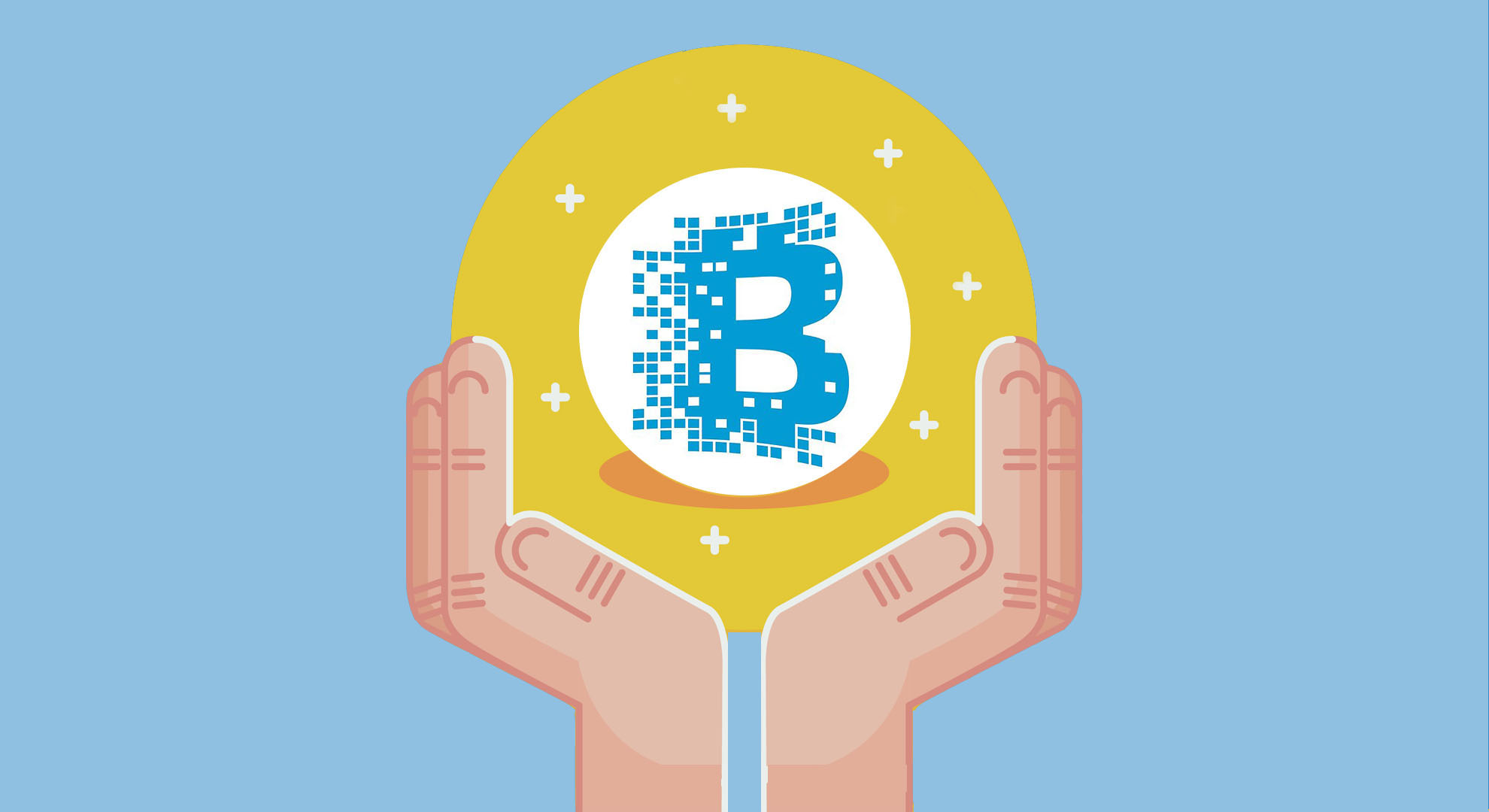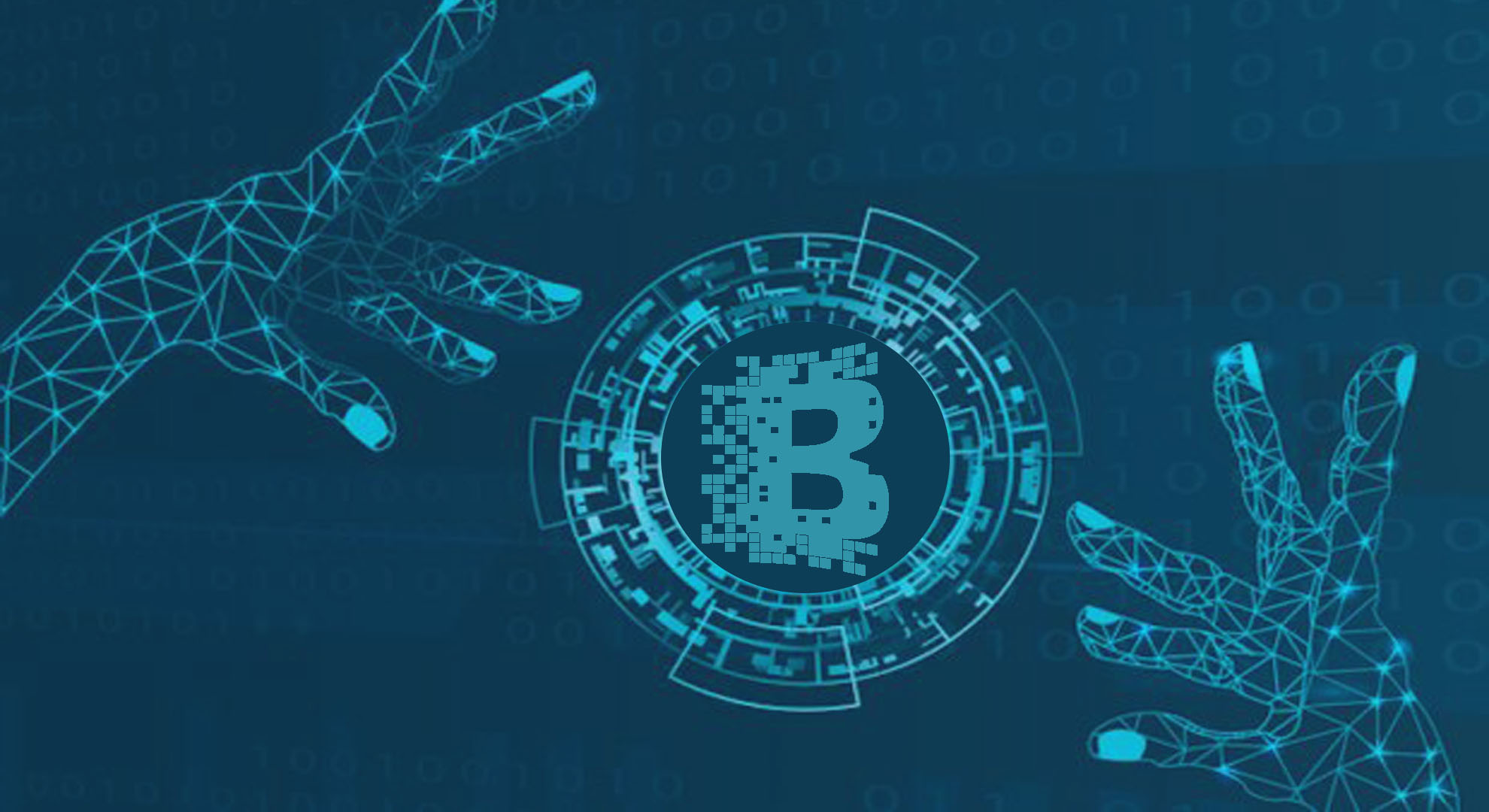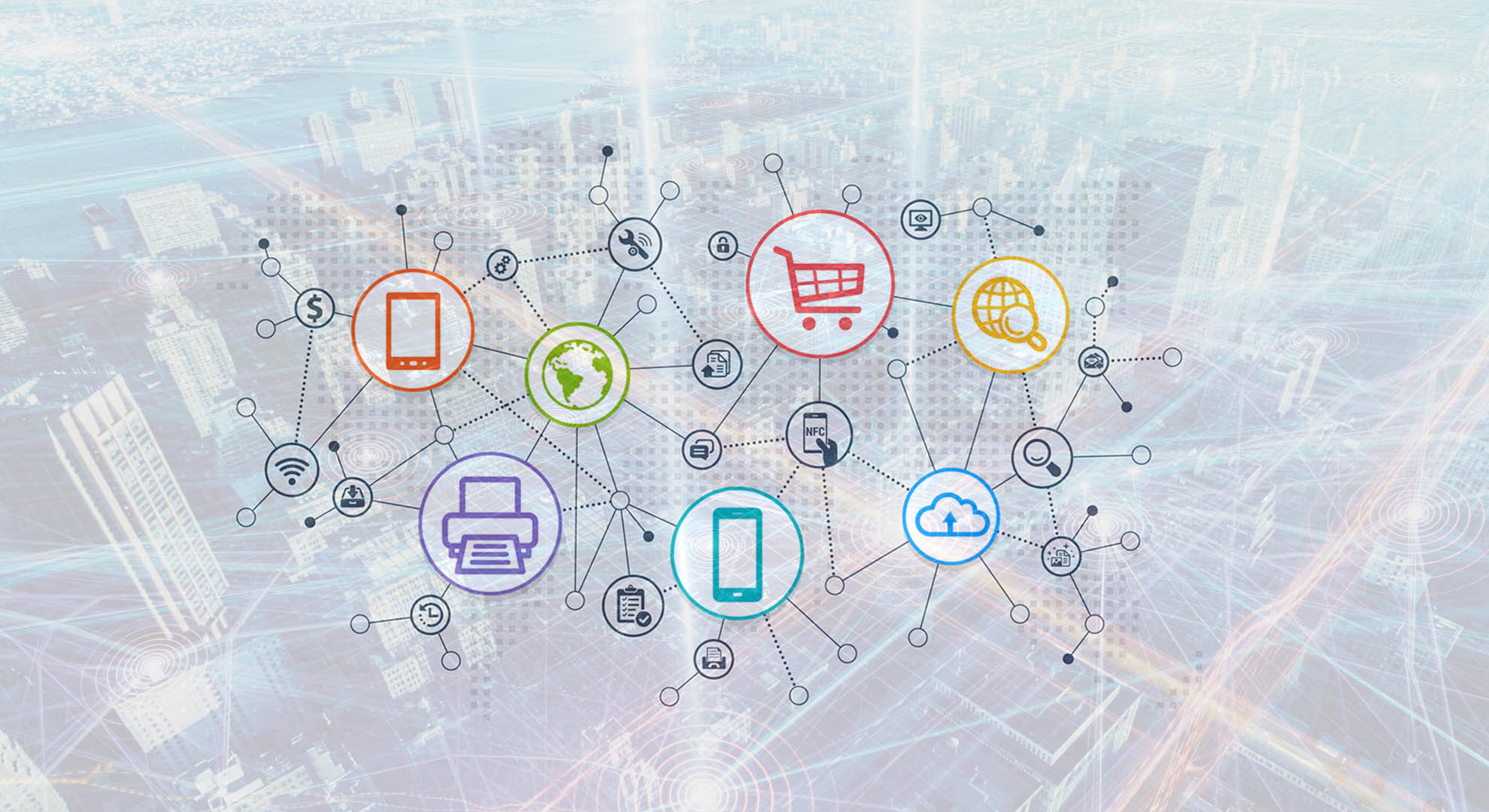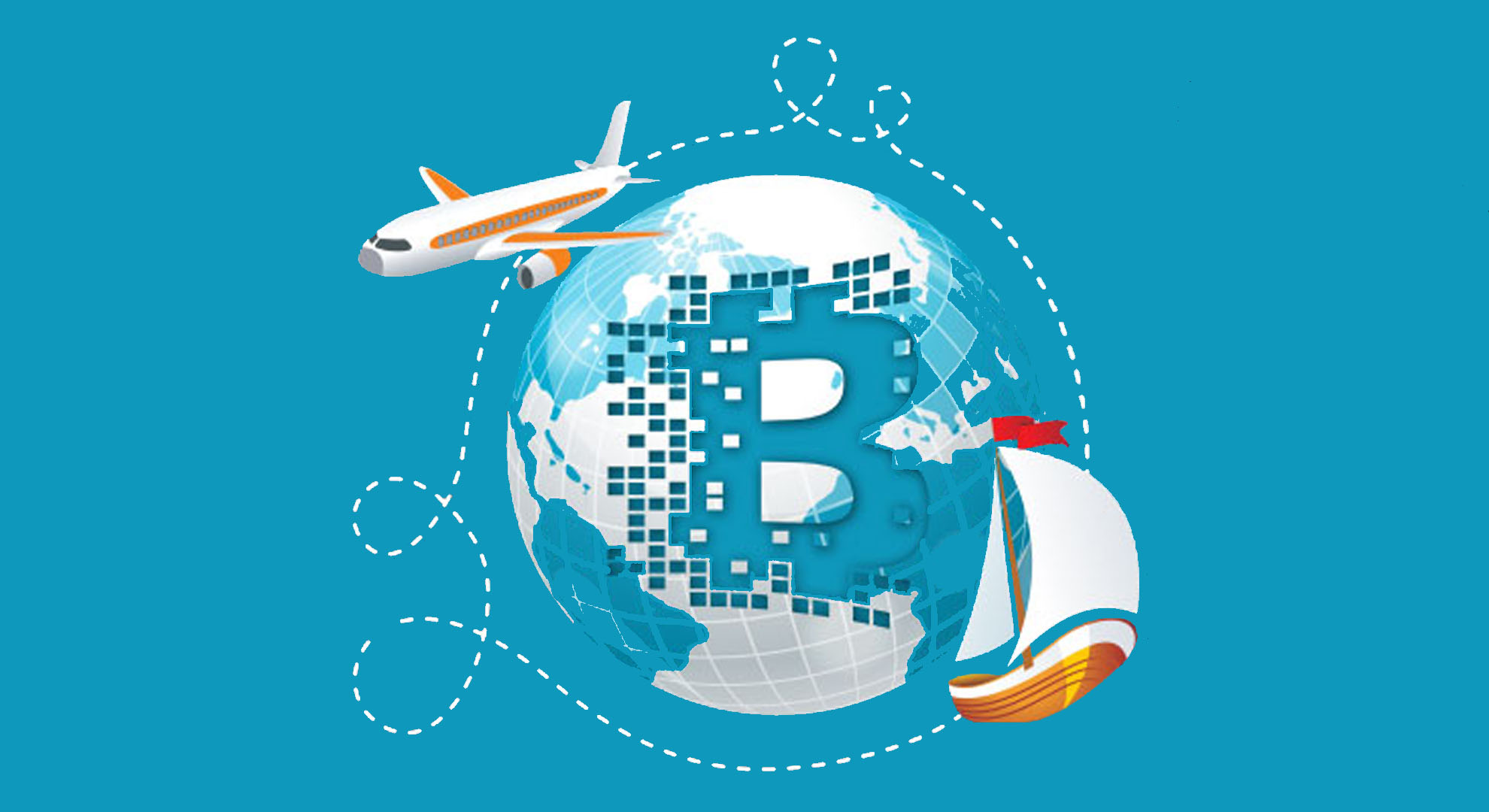In our recent post, we discussed Blockchain Technology beyond Cryptocurrency and Financial Institutions. In this post we learned about how blockchain can facilitate cross-border payments, making smart contracts, digital voting and much more.
Today, we are going to discuss how blockchain will have an impact on retail and facilitate retailers. Just like the Internet of Things and AI Chatbots have turned the retail sector upside down, blockchain is no exception.
Before we discuss further, let’s have a brief overview of what is blockchain all about.
What is Blockchain?
Blockchain is a digital record of data and transactions chronologically linked. The data is available in real time, which can be viewed across networks and make it possible to see the history of products and its components.
To know the real value of blockchain in the current and future scenario, have a look at some of the statistics.
- The global blockchain market is expected to be worth $20 billion by 2024
- Netscribes predict as much as 8% of expansion of blockchain space every year to 2022
- According to Stacey Soohoo, the global spending on blockchain solutions in 2018 will be around $2.1 billion
- According to a recent market research, blockchain could reach critical adoption by 2020 and attain general acceptance from consumers by 2025
In this post, we will discuss the uses of Blockchain in retail and what are the benefits associated with the retailers.
1. Improving Trust and Transparency
The chronological data provided by blockchain help customers to keep track of every point in the supply chain. For instance, if a retail store was selling a chocolate cake, the blockchain data will let you know when, where and by whom the cake was made. Moreover, it can also track the individual ingredients used to make the cake.
With the help of this data, retailers will come to know that whether the company is using fresh ingredients without using any expired ingredients. It would help them offer customers with the fresh chocolate cake every time without worrying about selling expired cake.
Blockchain will offer complete trust and transparency to customers and retailers, as the retailers will be able to prove that products are responsibly sourced. Thus adding a new level of trust and building stronger relationships with each other.
2. Validity of Brands
Consumers who are brand conscious are always facing the fear of whether the product being sold is original or replica. However, not anymore, because blockchain will allow customers to track data and guarantee whether they are buying genuine one or not. Blockchain will also help in dealing with theft of luxury items and resale of stolen goods through the tracking of the owner.
3. Supply Chain and Inventory Management
Blockchain can manage supply chain and inventory management for retailers without any hassle. The ability to manage lengthy records of any sequence of events, retailers can keep track of goods from dispatching of product to final shipment and delivery.
The data recorded once cannot be manipulated by any means, hence removing the chances of fraud or con. Moreover, retailers will know exactly when the product shipment will finally arrive at their store.
4. Payments and E-commerce
Blockchain is a trusted means of payments, as most of you have heard of bitcoin. The majority of retailers have already integrated bitcoin as a means to payment processing. The biggest advantage of integrating bitcoin payment method is that it is quite cheaper to process the transaction as compared to credit cards.
Blockchain will allow retailers to accept cryptocurrencies along with digital records that will help streamline the refunds and return processes. Moreover, buying things that require huge money such as property or car can also track the ownership and verify the resale of stolen goods. Companies like Expedia, Overstock, and Newegg are already accepting bitcoin as a payment method.
5. Automated Customer Services
Blockchain also allows the use of smart contracts (a set of directives that are automatically fulfilled after the given conditions are met). It would benefit consumers in case of claims or settling conflicts without the need for court proceedings and documentation.
The smart contracts are stored in a digital ledger, which requires no receipts, insurance papers or warranty documents on behalf of consumers. Hence, the blockchain offers automated customer services without the need of any receipt or document.
Conclusion
Blockchain is the next big revolution in many industries including retail. Retailers working on the small scale can hugely benefit from the security it provides and preventing them from any legal suites or documentation forfeit.












